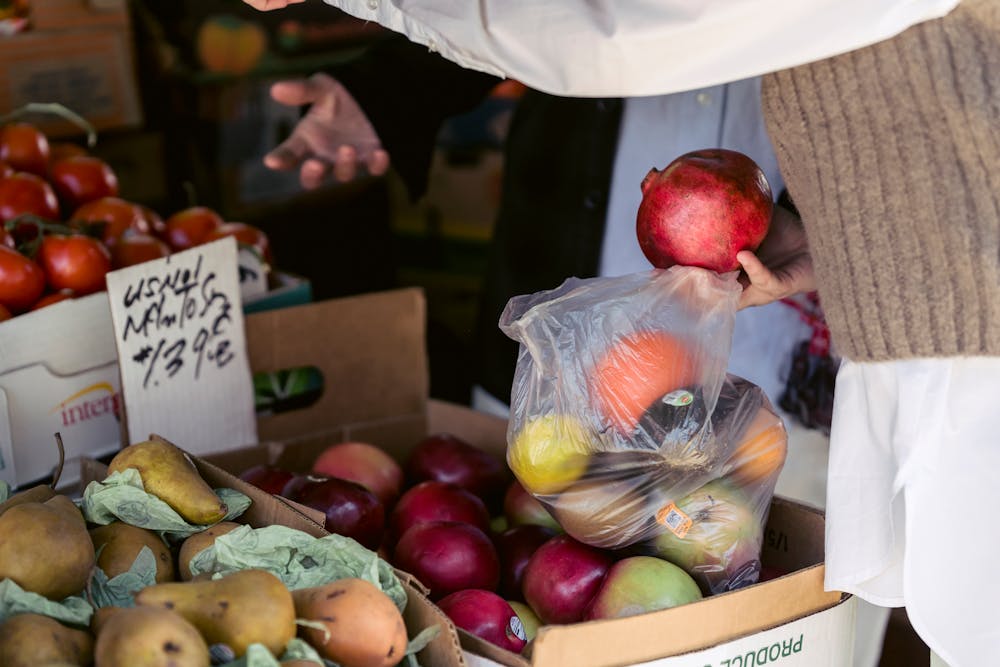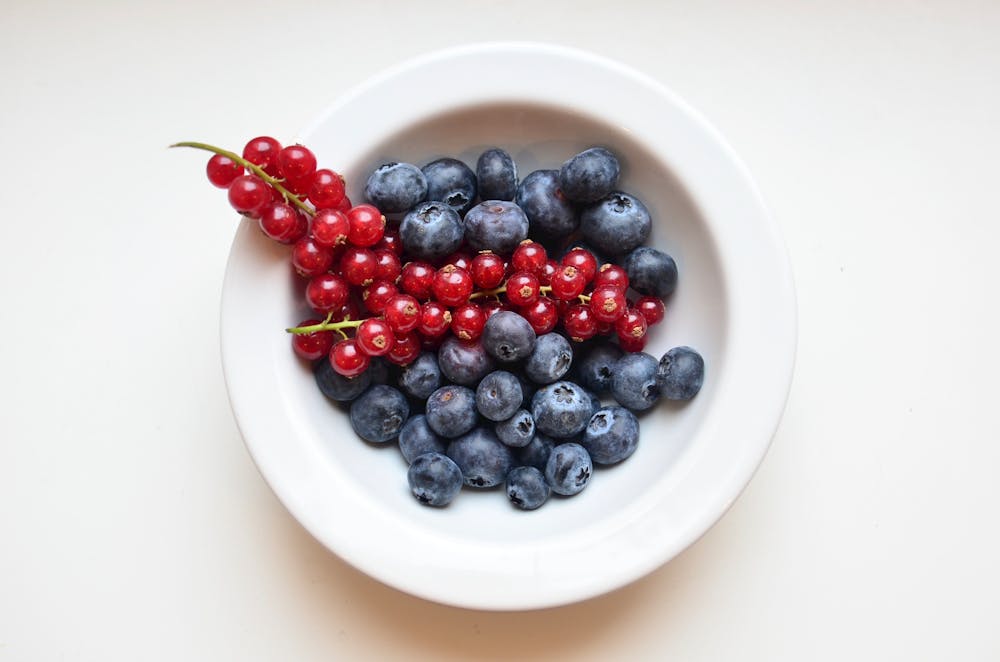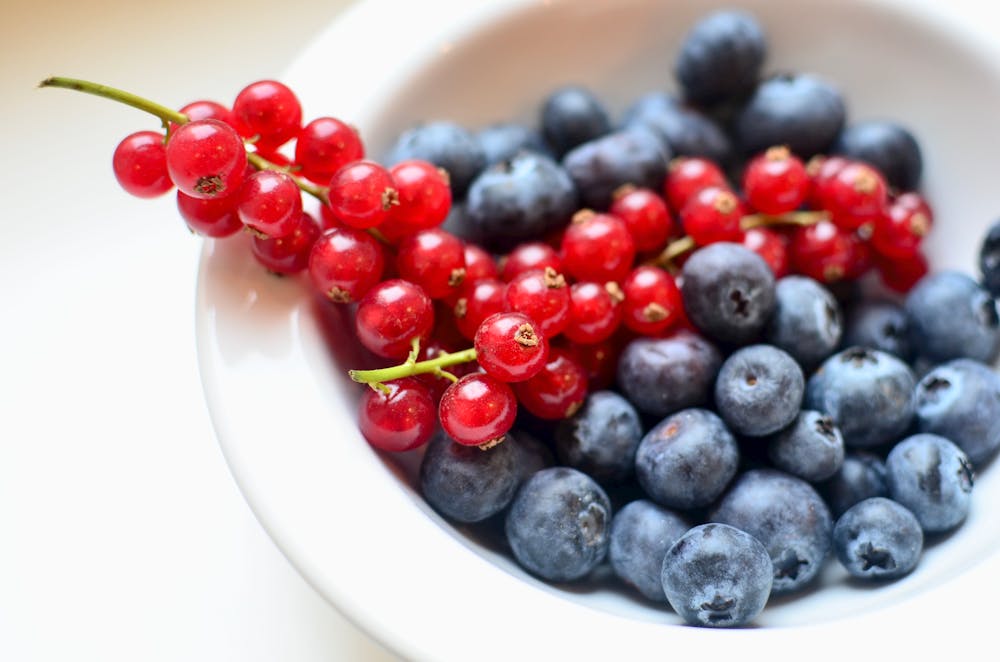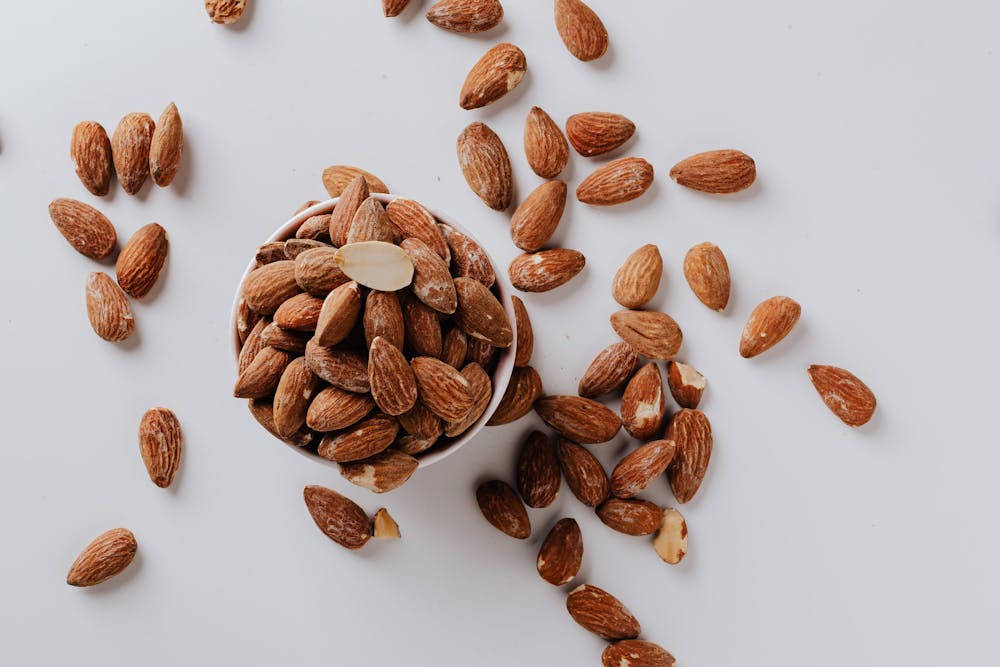As someone who values maintaining a healthy lifestyle, I’ve learned the importance of making mindful choices when it comes to snacking. Healthy snacking isn’t just about satisfying cravings—it’s about nourishing our bodies with nutrient-dense options that support our overall well-being. Let’s explore some strategies for choosing nutrient-dense snacks that provide energy, satisfy hunger, and promote optimal health.
 1. **Focus on Whole Foods:**
1. **Focus on Whole Foods:**
When it comes to snacking, prioritize whole foods that are minimally processed and rich in nutrients. Fresh fruits and vegetables, nuts and seeds, whole grains, and lean proteins are excellent choices for satisfying hunger and providing essential vitamins, minerals, and antioxidants. Opt for snacks that contain a balance of carbohydrates, protein, and healthy fats to keep you feeling satisfied and energized between meals.
 2. **Incorporate Protein-Rich Options:**
2. **Incorporate Protein-Rich Options:**
Protein-rich snacks are ideal for promoting satiety and supporting muscle repair and growth. Choose protein-rich options such as Greek yogurt, cottage cheese, hard-boiled eggs, edamame, hummus, and lean deli meats for a satisfying and nutritious snack. Pair protein-rich foods with fiber-rich fruits or vegetables for added flavor and texture.
 3. **Include Fiber-Filled Foods:**
3. **Include Fiber-Filled Foods:**
Fiber is essential for digestive health, regulating blood sugar levels, and promoting feelings of fullness and satisfaction. Incorporate fiber-filled foods such as fresh fruits, vegetables, whole grains, nuts, seeds, and legumes into your snacking routine to support digestive regularity and prevent overeating. Fiber-rich snacks help stabilize energy levels and keep hunger at bay between meals.
 4. **Choose Healthy Fats:**
4. **Choose Healthy Fats:**
Healthy fats play a crucial role in supporting brain health, hormone production, and nutrient absorption. Incorporate sources of healthy fats such as avocados, nuts, seeds, nut butters, and olives into your snacks to add flavor and promote satiety. Be mindful of portion sizes when enjoying high-fat snacks, as they are calorie-dense and can contribute to excess calorie intake if consumed in large quantities.
 5. **Limit Added Sugars and Processed Foods:**
5. **Limit Added Sugars and Processed Foods:**
While it’s tempting to reach for sugary snacks and processed foods, they often provide empty calories and lack the nutrients our bodies need to thrive. Limit your intake of sugary snacks, candies, pastries, and processed snacks like chips and crackers, which can lead to energy crashes and cravings for more unhealthy foods. Instead, opt for whole, nutrient-dense snacks that provide sustained energy and support overall health.
 6. **Practice Portion Control:**
6. **Practice Portion Control:**
Even healthy snacks can contribute to excess calorie intake if consumed in large quantities. Practice portion control by pre-portioning snacks into individual servings or using small bowls or plates to help you gauge appropriate serving sizes. Be mindful of mindless eating habits such as snacking in front of the television or while working, which can lead to overeating without realizing it.
 7. **Stay Hydrated:**
7. **Stay Hydrated:**
Hydration is key to overall health and well-being, and it’s essential to stay hydrated throughout the day, including during snack times. Opt for hydrating snacks such as fresh fruits, vegetables, and herbal teas to support hydration and keep you feeling refreshed and energized.
 In conclusion, healthy snacking is an important component of a balanced diet and plays a key role in supporting overall health and well-being. By choosing nutrient-dense options that provide essential nutrients, protein, fiber, and healthy fats, we can fuel our bodies with the energy and nourishment they need to thrive. With mindful choices and a focus on whole, minimally processed foods, we can enjoy delicious and satisfying snacks that support our health goals and promote vitality throughout the day.
In conclusion, healthy snacking is an important component of a balanced diet and plays a key role in supporting overall health and well-being. By choosing nutrient-dense options that provide essential nutrients, protein, fiber, and healthy fats, we can fuel our bodies with the energy and nourishment they need to thrive. With mindful choices and a focus on whole, minimally processed foods, we can enjoy delicious and satisfying snacks that support our health goals and promote vitality throughout the day.






